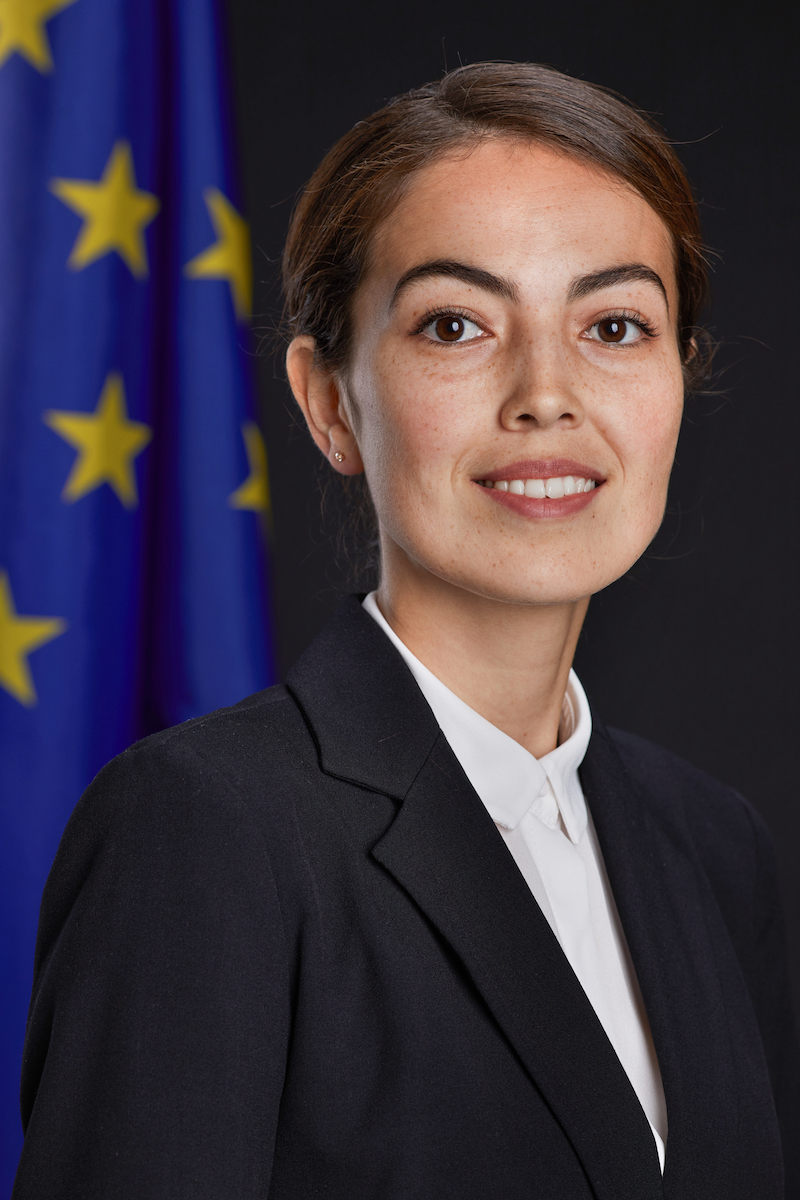
The year 2022 has been proclaimed by the EU as the European Year of Youth. By doing so, the European Commission aims to emphasize „the importance of European youth to build a better future – greener, more inclusive and digital.“ The young people are described as those who have had a lot of challenges to face. They are one of the groups who have been affected by the Covid-19 pandemic most. Likewise, those are the young who has been, once too often, forgotten by the older members of the society as well as by the politics (both European and national), plentifully represented by white, well-to-do, middle-class men from “boomer generation”. When presenting the key objectives of the European Commission for the European Year of Youth, Mariya Gabriel, Commissioner for Innovation, Research, Culture, Education and Youth, stated that “we all understand the importance of putting young people in the spotlight and celebrate their resilience after two very challenging years.” The overall aim of the Commission’s initiative is oriented towards renewing the positive perspectives for the young and offering them opportunities for their future and the future of the whole society.

Illustration by PARACADEMIC.
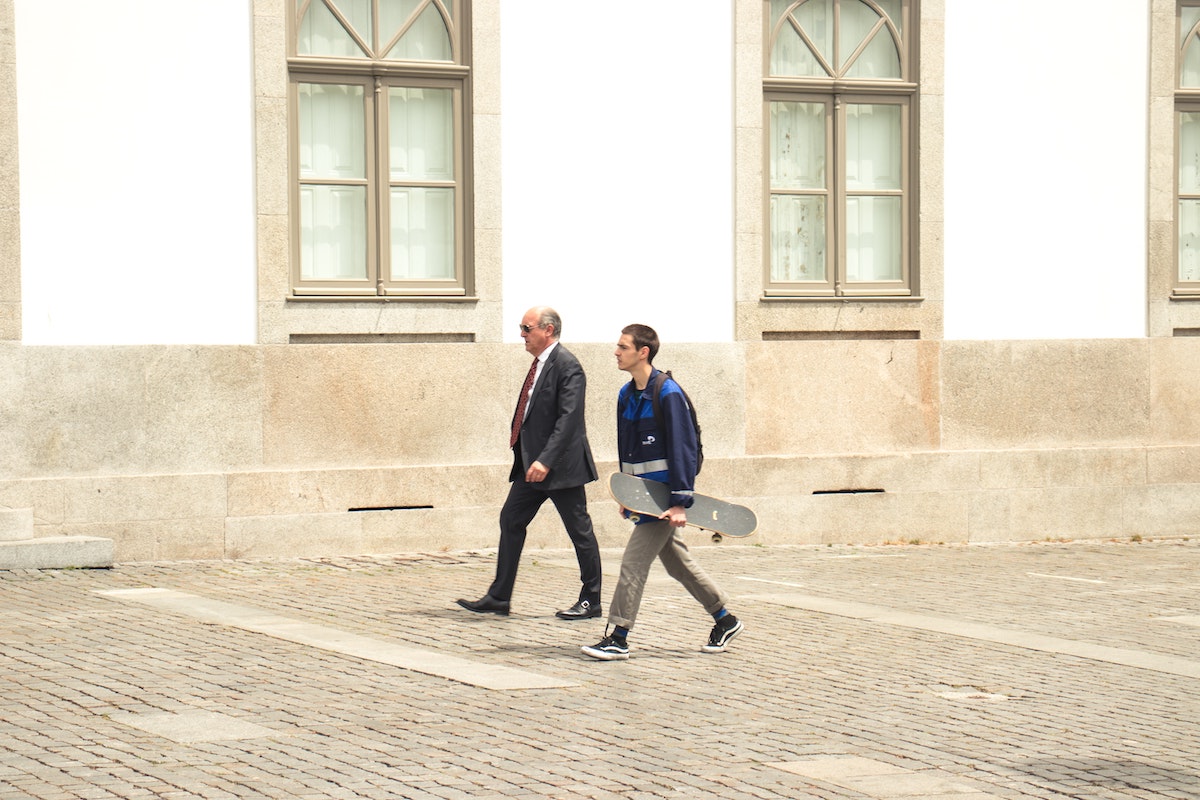
Photo by Benjamin Ranger on Unsplash.
I was on the streets of Porto and i saw theses two strangers walking side by side without knowing them. The first thing that i really saw was the contrast between the adult in his suit and the young man with his skate board. The subject seemed funny to me and i wanted to immortalize it with my camera.
Also the UN Global Report on ageism from March 2021 points out that ageism still affects young generations and that it is important to focus on their experiences and strive for combating ageism, for the world needs the cooperation of all generations in order to reach the sustainable development goals included in Agenda 2030. To emphasize the seriousness of this idea, the theme chosen by the UN for this year’s International Youth Day is Intergenerational solidarity. Likewise, the belief that the future of young people is the future of us all was reflected in the speech of the Italian Prime minister Mario Draghi, given to the university students when visiting Bari in October 2021. Draghi claimed that it is important to listen to the voice of the youth and at the same time called upon the young to speak out, share their visions, opinions, worries, preferences and interests, and, last but not least, to participate in public debate and to help actively shape European future. In this respect, Draghi’s speech emphasized and corresponded with another objective of the European Commission, and that is to encourage the inclusion of the youth perspective into the policy making process at all levels as well as to encourage the young people for the active and engaged citizenship. After all, the motto chosen for the European Year of Youth is Make your voice heard!
As the main aim of the Euroculture Master is to help understand societal challenges of contemporary Europe (in a global context), we believe that the theme of the young people, their lives and perspectives deserves a closer look and more deliberate scholarly research. If, in their initiative, the European politicians focus on an appeal to the young people, on their voice and opportunities, the Euroculture Intensive Programme 2023 aims to stimulate a scholarly debate on the whole range of topics dealing with current young generation in Europe (and in the globalized world), which would strive not only for the depiction of the contemporary state of affairs, but also for a theoretical framing. We believe that in order to be successful in dealing with contemporary challenges, we cannot renounce the efforts to search for their roots and interpret them in social, cultural and historical context. The goal of the IP 2023 is thus to contextualize the debate on the young generation, the challenges they face, their experiences, convictions, activities and place in the contemporary society. First, the debate must be based on the assumption that the young are not a homogeneous group, and must attempt to approach this social group as very diverse and multifaceted. Second, the young generation cannot be examined as an isolated social group – there is a continuous interaction between generations and understanding intergenerational relations is a key how to build a functional intergenerational dialogue and partnership which would be able to use the potential of all generations. Last but not least, it is important to research the theme in the global context – not only because the contemporary European young generation is living in a globalized world, but also because youth concepts vary from one society to another and for a better understanding of the European youth, it is important to confront it with other youth concepts and experiences.
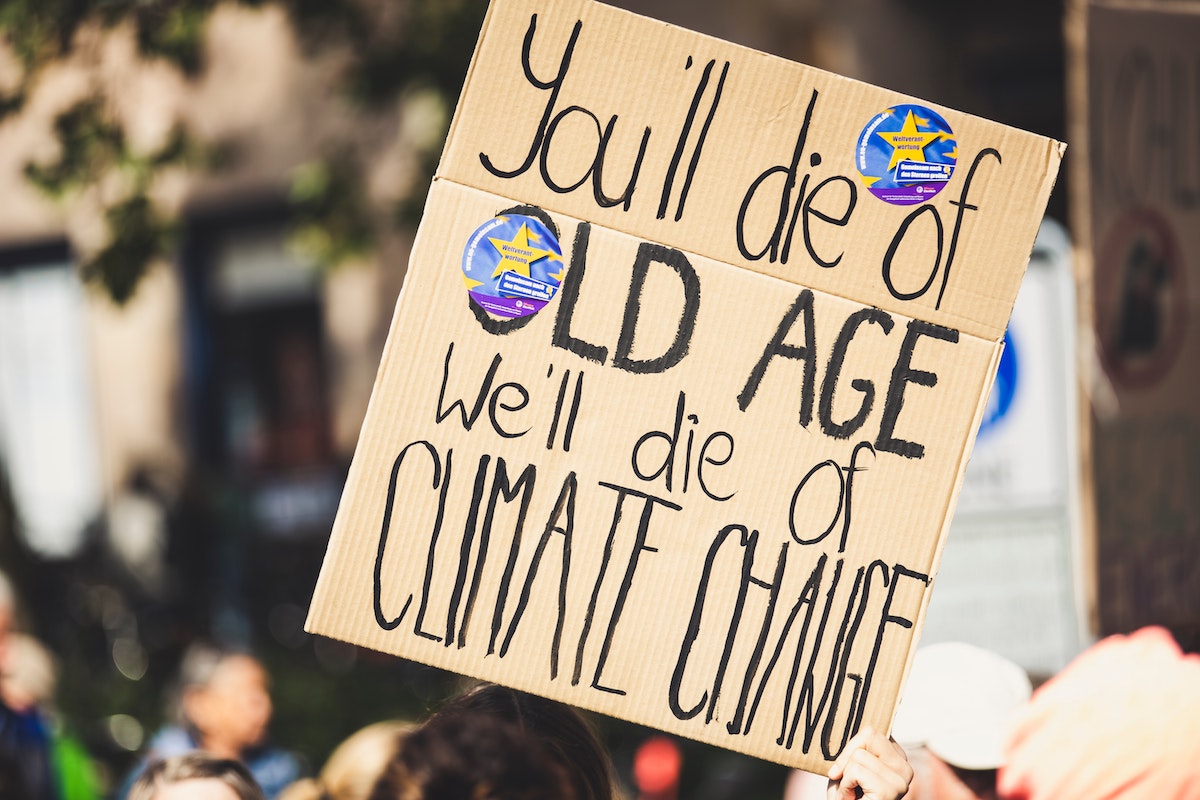
Photo by Markus Spiske on Unsplash.
Lorenzer Platz, Nuremberg, Bavaria, Germany

The subtheme aims to stimulate the debate on the concept of youth as such. As the age group boundaries are determined culturally and historically, it is important to discuss what marks the progression from childhood to youth and from youth to adulthood nowadays, and how the understanding of these concepts has changed in the past. Hence we invite the students to discuss not only what characterizes the social group of the young, but also what kind of boundaries divide them from other social groups. At the same time, we are interested in the diversities of the young people themselves. The topics here include the exploration of the determinants of various life experiences of the young, as education, social and economic status, family and cultural background, social capital, gender, ethnicity. As youth is an important life period when identity is being formed, the research dealing with identity construction also represents an indispensable part of this debate, including the discussion on how the identity is shaped by social relations, expectations imposed on the young by the society, as well as by different labels given to the young generation in the public discourse and connected with simplified and generalized characteristics, subsequently compared and contrasted to preceding generations. Last but not least, the process of identity construction is often taking place in the framework of youth subcultures, which are also – together with their relation to gender, ethnicity, education, socioeconomic background of the young – relevant topics of the research.
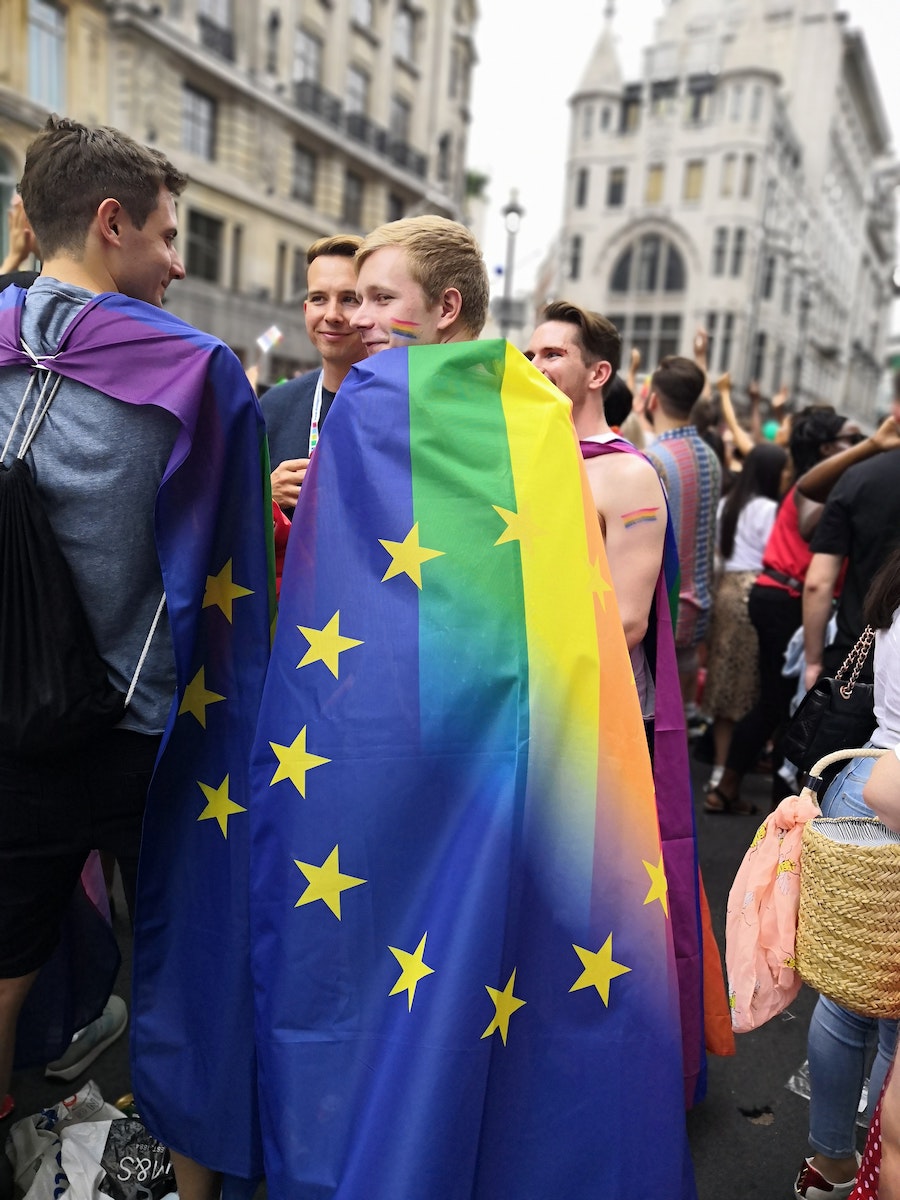

The second subtheme puts aside the evidences and focuses instead on the representation of the youth in the contemporary European culture and society. If the European Commission calls upon the young to make their voice heard, we would like to draw the attention to how the voice of the young is present in the public space. This includes what channels and platforms are used by the young to speak and how the young represent their identities, experiences and needs in them. We are interested in the presence of the young in the arts, in the media, in the public platforms and associations. We encourage the students to explore how the young represent their individual age-based identity, how they relate themselves to broader age categories as well as how they “imagine” and represent these age categories. Besides, there is another issue which the European Commission, when focusing on the voice of the young, does not deal with, but which is a substantial part of this discussion – and that is the presence and representation of the youth topics as such in the public space. How is the youth and the young generation represented in the media, in the public debate and last but not least, in the arts? What image of the youth and the young is created by culture and society? Does a warfare between generations really exist, as labels used in the public discourse often suggest? How should we then understand and deal with the generational gaps in order to be able to overcome, rather than to deepen them?
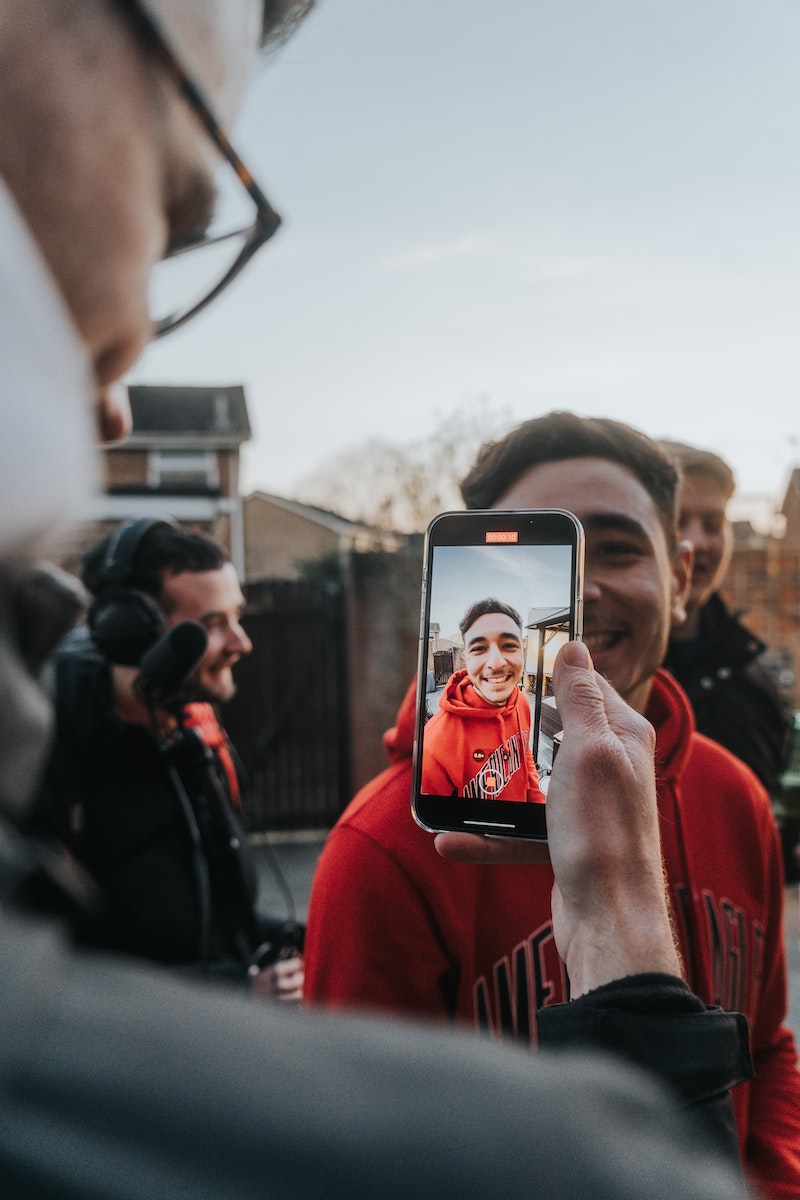

Mario Draghi in his above mentioned speech as well as the European Year of Youth as such call upon the young people to actively shape the public space and influence their own future and the future of the whole society. The European Commission wants to see the young as active citizens and to stimulate a dialogue between the decision makers and the young. The third subtheme thus focuses on the exploration of the role the young play in the society, on the forms of their participation in various voluntary platforms, associations or civil sector organisations as well as on the topics they put emphasis on such as sustainable development, environment, rights of minorities etc. We are interested in how the young influence the public discourse, form social space, how they relate themselves to existing paradigms and ideologies, how they re-shape transmitted patterns of collective memory, by all of which they contribute to building the future. Second, this subtheme aims to explore the political activities and orientations of the young people – what voters are the young like, what are their political preferences and are their interests reflected in the politics of all levels? Last but not least, this subtheme invites students to research on the activity of the young people in socio-economic sphere – how do they face economic challenges, how do they plan their careers and how do they use educational and other opportunities? How do they function in the job market, what employees are they like? How do they combine professional activities and family plans, and are they family-oriented at all?
